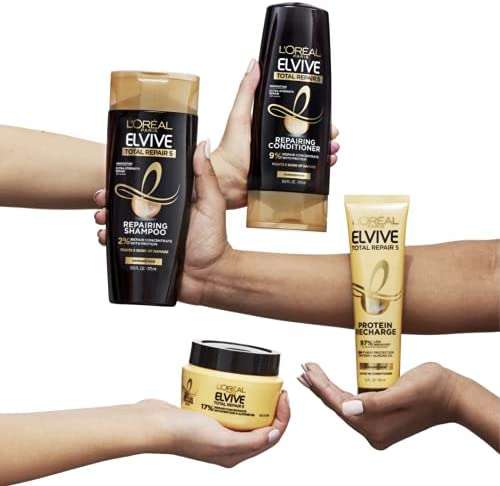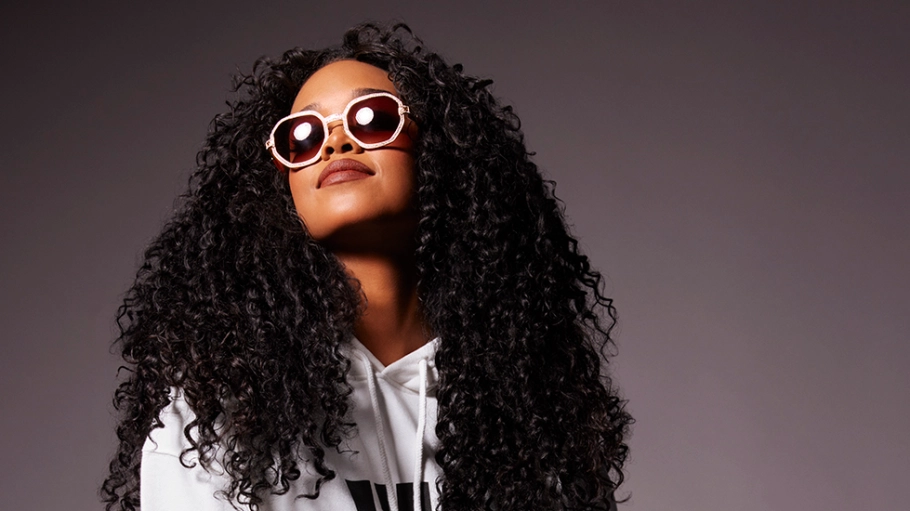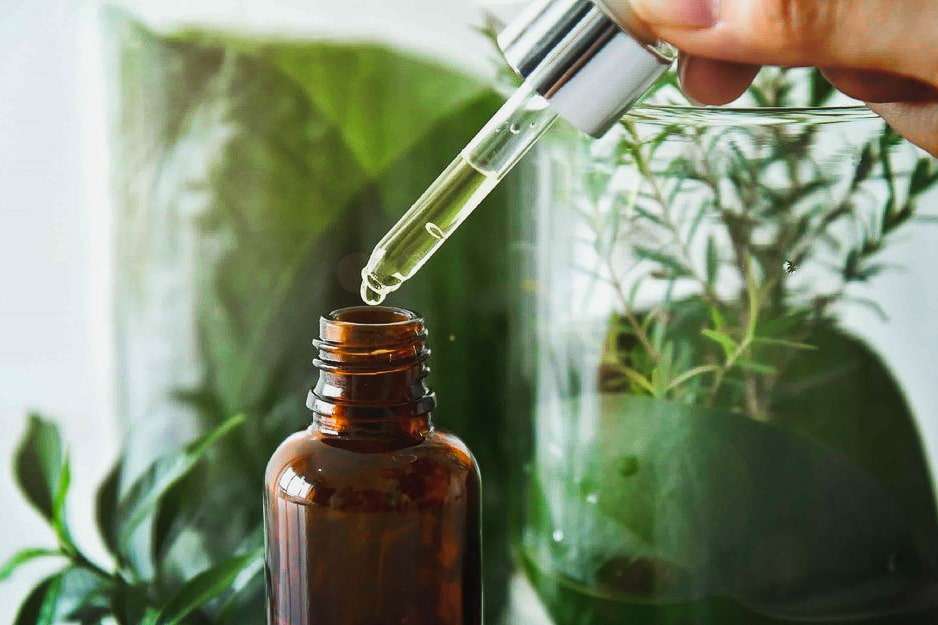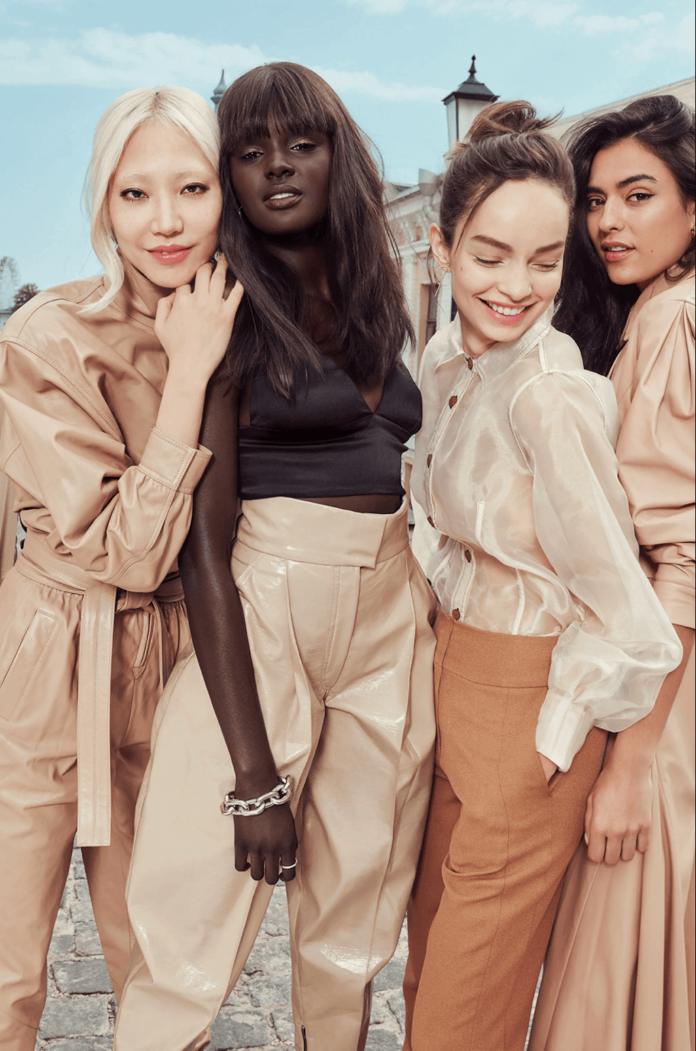The Carbon Disclosure Project (CDP) has awarded L’Oréal a triple-A score on environmental transparency for seven years in a row. But there is one key sustainable problem with its products: the sheer amount of them.
Like most major industries, beauty has some serious environmental problems to contend with. For starters, there’s the plastic pollution issue. According to one estimate, the cosmetics industry is responsible for producing around 120 billion units of packaging every year. There’s also ingredient sourcing, which, when done improperly, can seriously damage wildlife and nature. Plus, it uses a heck of a lot of water — on average, beauty products contain between 60 percent and 85 percent water.
But that said, some major beauty brands claim to be trying to fix these problems. L’Oréal, for example — which is the biggest cosmetics corporation in the world — was just recognized for its “corporate transparency and environmental performances” by the nonprofit CDP. But is big beauty really compatible with sustainability? Let’s investigate.
Is L’Oréal actually sustainable?
According to CDP, L’Oréal is nailing it on environmental transparency. Every year, the nonprofit rates companies from A to D, based on factors like how much information they disclose, their management of risks, and what meaningful targets they have set to reduce their environmental impact. This year, L’Oréal received a triple-A score on climate change, forests, and water security from the organization, for the seventh year running.
“CDP A List companies are showing they are ahead of the game — taking clear action to reduce emissions and to address environmental impacts throughout their value chains,” said CDP Europe’s executive director Maxfield Weiss. “This is the type of environmental transparency and action we need economy-wide to prevent ecological collapse.”
There’s no doubt that L’Oréal is clearly making progress. It has several ambitious targets, designed to transform the business so it can “respect planetary boundaries.”

For example, in 2021, the corporation revealed it was working on reducing its carbon footprint by 50 percent per finished product. It also stated it plans to shift to 100 percent recycled or biobased plastic in its packaging by 2030. And added that it aims to initiate refill systems, offering aluminum packaging for shampoo and conditioner, and empower and educate consumers to use them. It is also striving to reduce its water footprint, and improve formula biodegradability.
These are all admirable, meaningful, and important goals and targets. But there is one fundamental issue. L’Oréal is one of the world’s biggest corporations, worth more than $178 billion, and really, its main goal is always going to be profit. It’s not in the business’ DNA to scale down productions, but it’s de-growth that is what’s really needed to reduce beauty’s strain on the planet.
The problem with big beauty
When it comes to sustainable consumption, the overarching message is always to buy less. Scaling back, reducing waste, and cutting out needless purchases is always going to be what is best for the environment.
As Charles Eisenstein, a public speaker and the author of Sacred Economics: Money, Gift, and Society in the Age of Transition, wrote for the Guardian in 2014: “Unfortunately, nine times out of ten, the interests of profit blatantly conflict with the interests of people and planet, at least according to any reasonable calculation.”

Because, the truth is, while cutting a product’s carbon footprint in half is still an improvement, it’s still half a carbon footprint that wouldn’t have been there if the product didn’t exist.
In this case, for L’Oréal, it’s a serum, a foundation, or a hair dye. This is not to say these products shouldn’t be available for consumers, but ultimately, like all corporations, L’Oréal wants us to buy them constantly. Its own data from 2016 revealed that the company sells 50 products around the world every single second. And despite targets, most of them are currently packaged in non-refillable and non-recycled plastic.
If you’re on the hunt for sustainable beauty, there are options available to you, and spoiler alert: they don’t come from L’Oréal. Most of the beauty brands doing right by the planet are far smaller, yet still popular and innovative. Axiology, Ethique, SBTRCT, and UpCircle are a few examples, and all are either plastic-free or focused on low-waste formulas and packaging.

What’s more, many of their products are designed to last too. Ethique’s shampoo bars, for example, can last for more than 80 washes, which is roughly the same as three bottles of shampoo.
Considering its size, L’Oréal is doing its best. But as consumers, if we want to make the best sustainable beauty choices, the truth is, the answer is never going to lie with the world’s biggest cosmetics corporation.
Related on Ethos:


